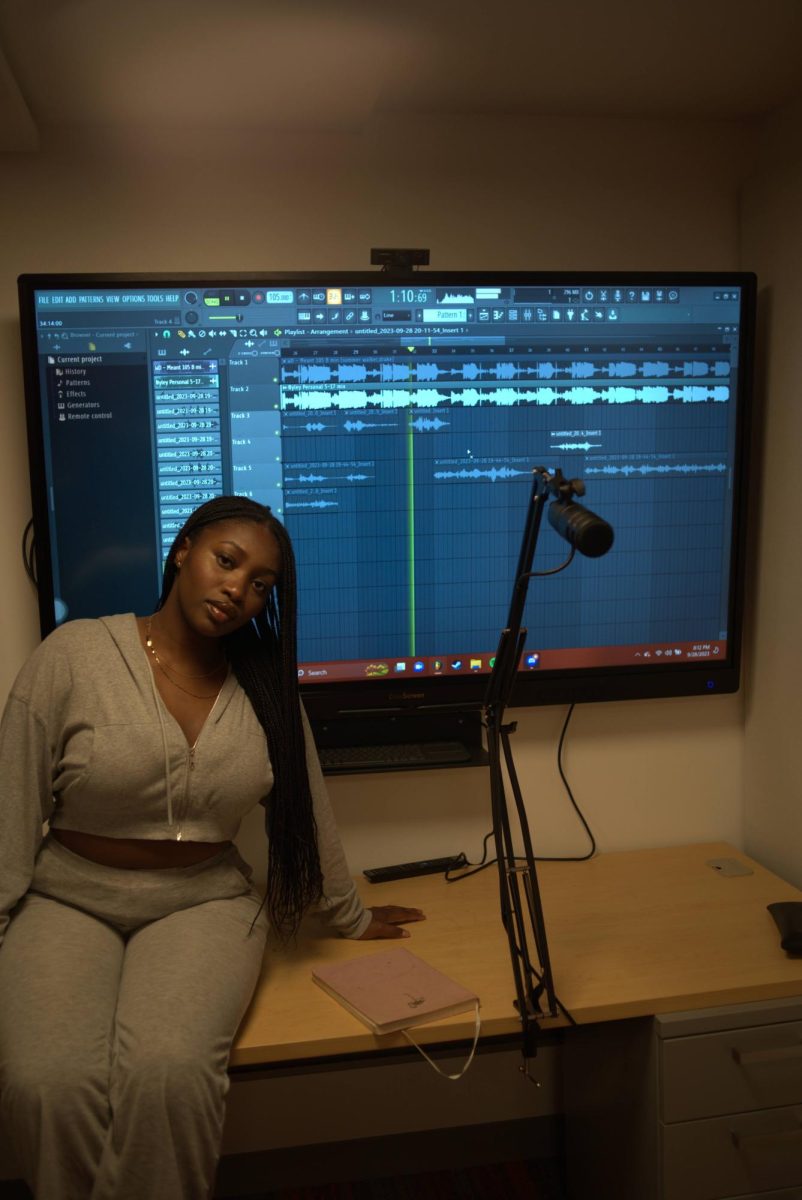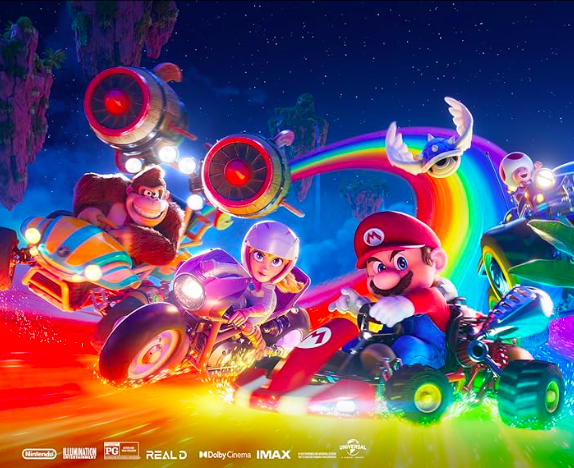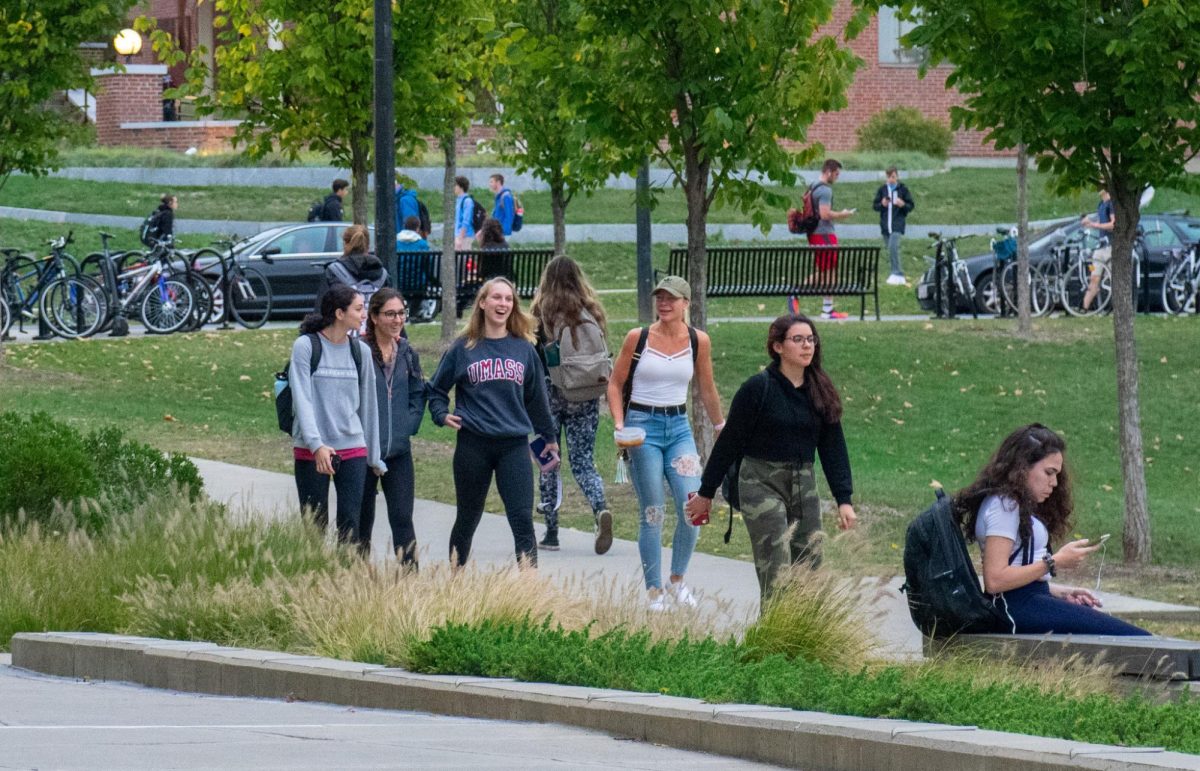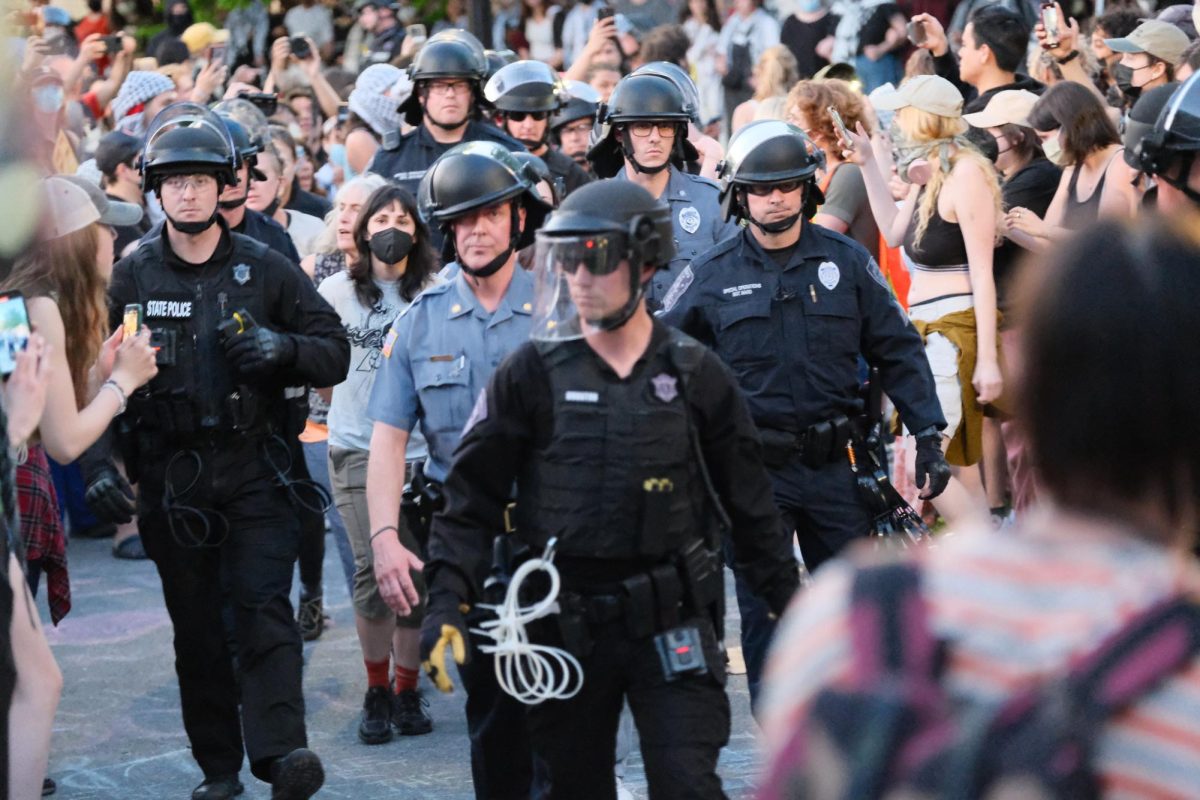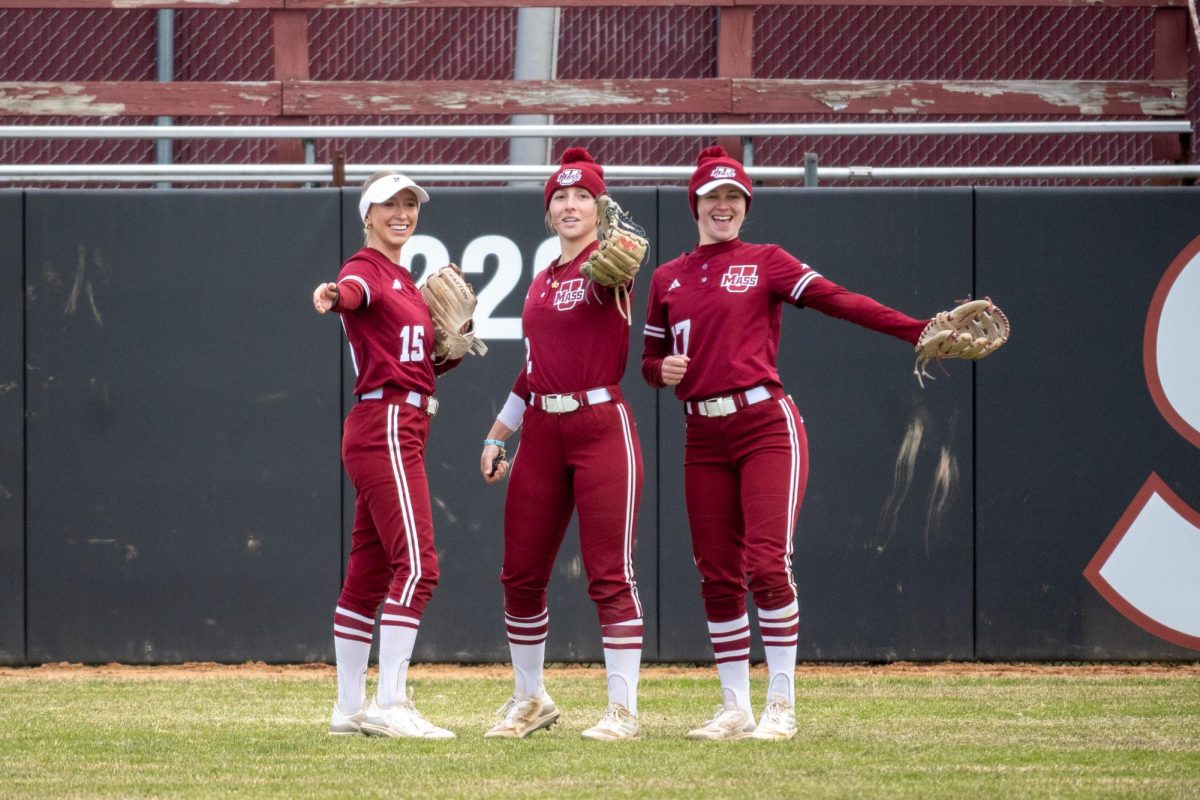While counter-protesting at the Republican National Convention this August, I encountered some of the strangest banners and placards I had ever seen. The one that stood out the most was the mass-produced rainbow banner that seemed to be everywhere. The banner was paraded about and hung in every window on the march route, declaring that “We the People object to the Bush Agenda.” Such an article of hubris had I never seen in my entire life.
A protestor carrying the above-mentioned banner stopped to debate with me, wanting to ask me a political question. I told him that I would answer his question, if he would respond to a question of mine as well. He asked his question and I answered it as truthfully as I could. Then I asked my question: what made him think that he spoke for “We the People”?
“Well, these are people” he said, motioning toward the protest behind him.
“Yes they are people,” I replied. “But they aren’t ‘the People.’ Are you suggesting that I’m not a person because I don’t agree with the protestors?”
“No,” he concluded. He acknowledged that I was a human being. At this point, a policeman separated us. As he moved away from me, the man screamed that I was attacking him personally because I had run out of logical arguments of my own.
But I wasn’t attacking him personally. Rather, I was asking him an honest question. In a nation as divided as ours, how could these protestors speak for “We the People”?
The terminology reminds me of a certain Marxist philosophy that greatly oversimplifies society, pitting a tiny group of “haves” against a massive group of “have-nots.” It stems from the ideology that the proletariat should rise up against their masters, seize the means of production and realize the fruits of their labor. It’s “us” against “them.” If you need any help understanding just who falls into which category, just ask your local Leftist.
“Us” is a sweeping group of the downtrodden – women, minorities, homosexuals, the poor, industrial workers, young people and anyone earning less than six figures. “Them” is defined as a tiny class of rich, old, WASP-ish men who invariably own stock in Carlisle or a major oil company. It’s a classic political tactic that hasn’t changed much since Hitler tried it in the 1930s.
Take, for example, Howard Zinn and his latest book, “A People’s History of the United States.” Zinn has a number of books that feature the word “people” prominently in the title. Don’t be fooled: “people” in this context means far-leftist and nothing more.
Consider Michael Moore’s “Stupid White Men,” which refers to Ralph Nader as “someone who will represent the bottom 90 percent of this country.” Later, he says that the Democrats and the Republicans should merge, because they’ve been working together for years in the interests of the richest 10 percent.
I want to ask Michael Moore a question. If the bottom 90 percent is dying to have a new party that he thinks would better serve our interests, what’s stopping us? I’m part of that 90 percent, and yet I shudder to think of Moore’s dream political party that presumably would fall to the left of the Democrats. I suppose that Moore would tell me that we’re locked into a two-party system, that some devoted liberals vote for the Democrats as the lesser of two evils, even though they’re really followers of Nader or Cobb deep down inside. He suggests such an idea in his book. To an extent he’s right, though it’s almost impossible to gauge how many Democrats are actually greens that sold out.
But what about the 51 percent of Americans who voted for Bush this year? Surely they weren’t secretly yearning for a Nader victory. Surely they don’t all belong to the top 10 percent. Surely they aren’t all elite members of the Texas oilman good-old-boy network. Surely there must be women, minorities, gays, working class people, young people and poor people among them. What happens to this theory when it confronts reality at the voting booths?
In fact, Bush has more right to speak for “the People” than either Michael Moore or the NYC protestors. After all, he won a majority of the popular vote. Sure, it wasn’t a landslide, but it was more than Clinton got in either 1992 or 1996, when he reaped 43 percent and 49 percent of the vote respectively. Bush was hardly unanimously approved, and it would be a mistake to think that all Americans are in love with him. But he was hardly unanimously disapproved either, which seems to refute the idea that “We the People object to the Bush agenda.”
In reality, no individual can speak for “We the People.” We’re a nation of 293 million citizens, all having different interests, backgrounds and values. There are very few ideas that can unite the vast majority of us. Usually we just have to agree to disagree with the other members of our diverse society. Anyone who thinks that he can speak for the entire populace is taking arrogance to a new level. Anyone who claims to speak for “We the People” and then proceeds to be embarrassed on Election Day is a buffoon.
I hope this election will force the protestors to put their rainbow banners away in the attic. I really hope that it will make Howard Zinn and Michael Moore abandon their presumption that they are the spokesmen of the masses. Unfortunately, I have little confidence that either of those things will happen.
Ben Duffy is a Collegian columnist.

